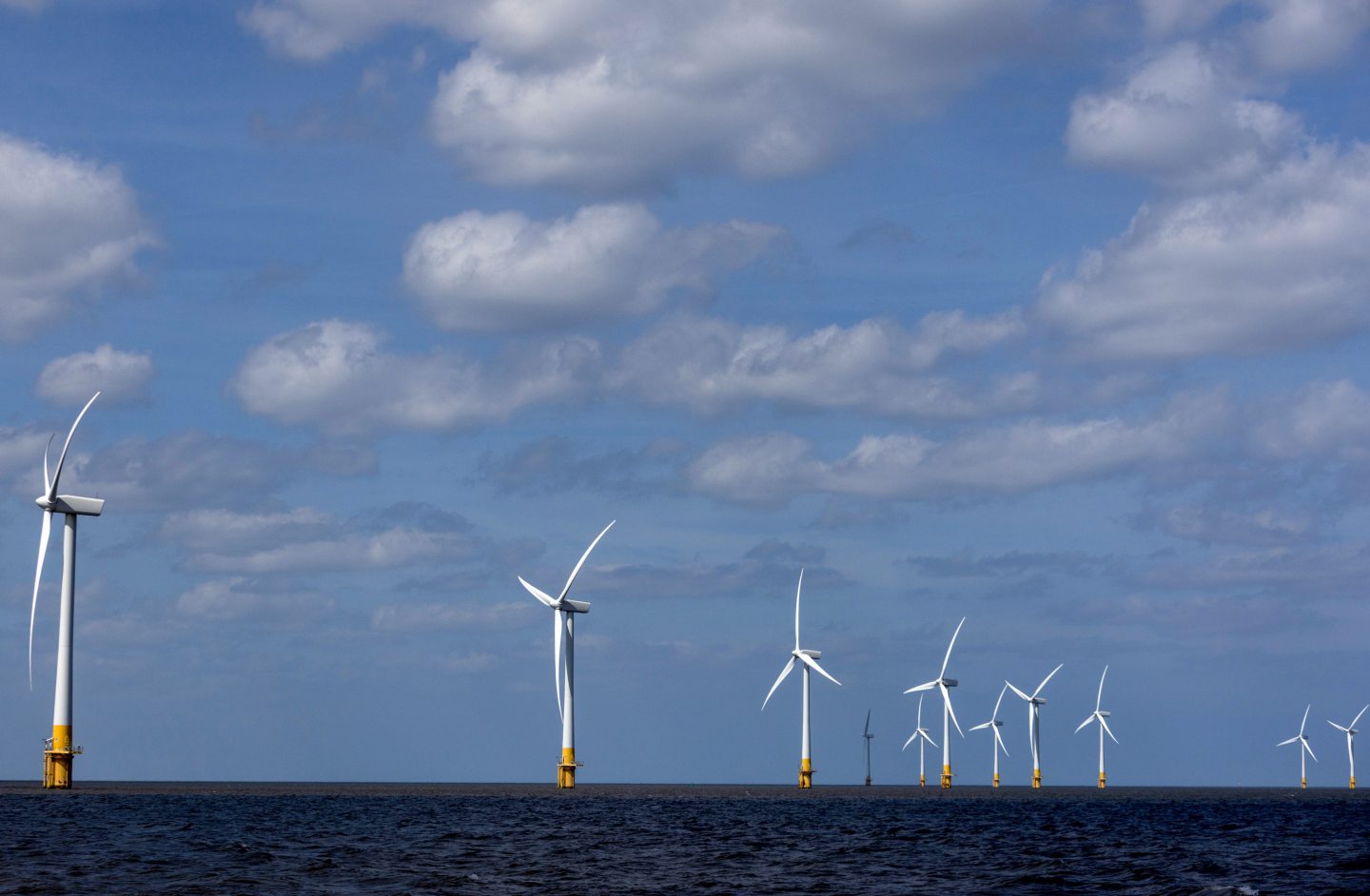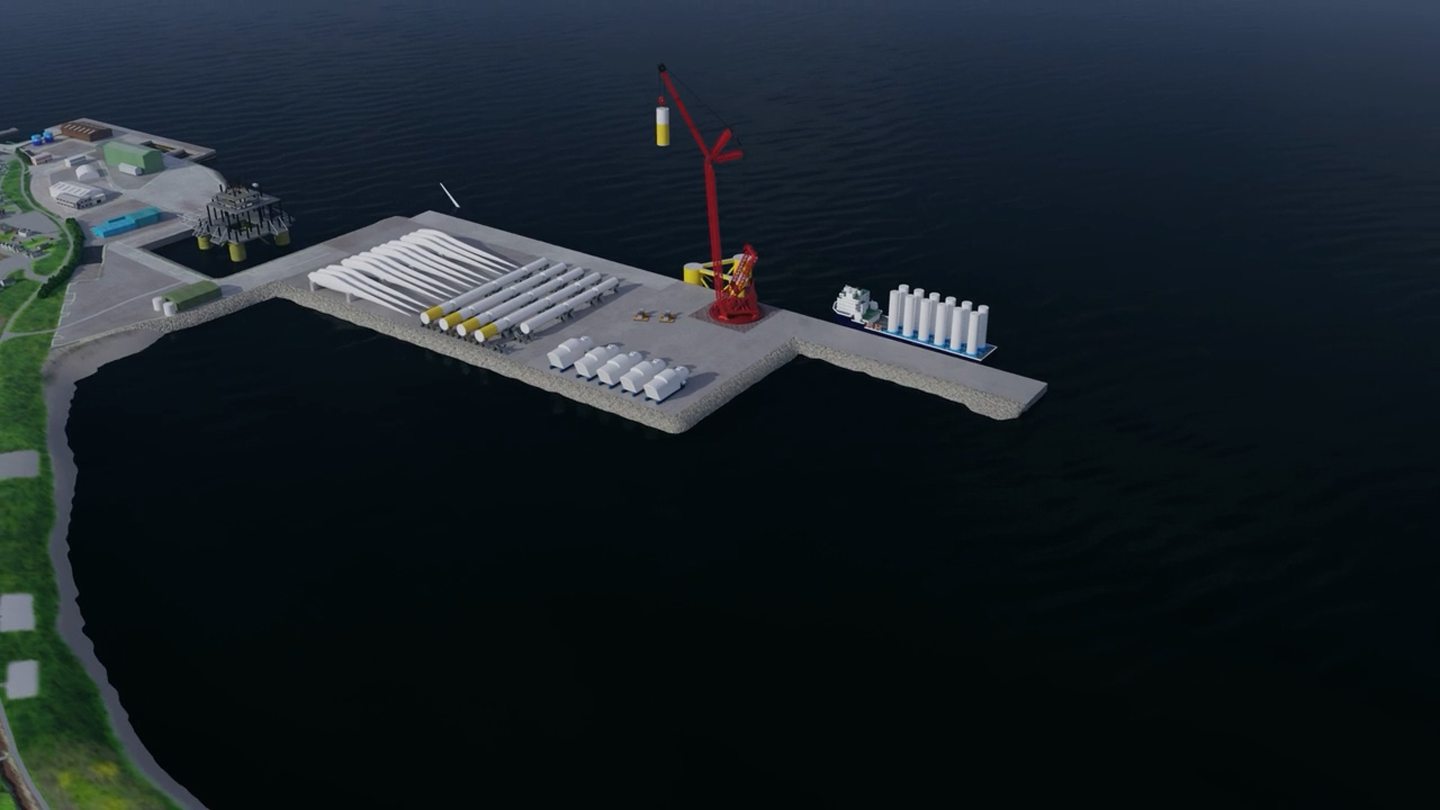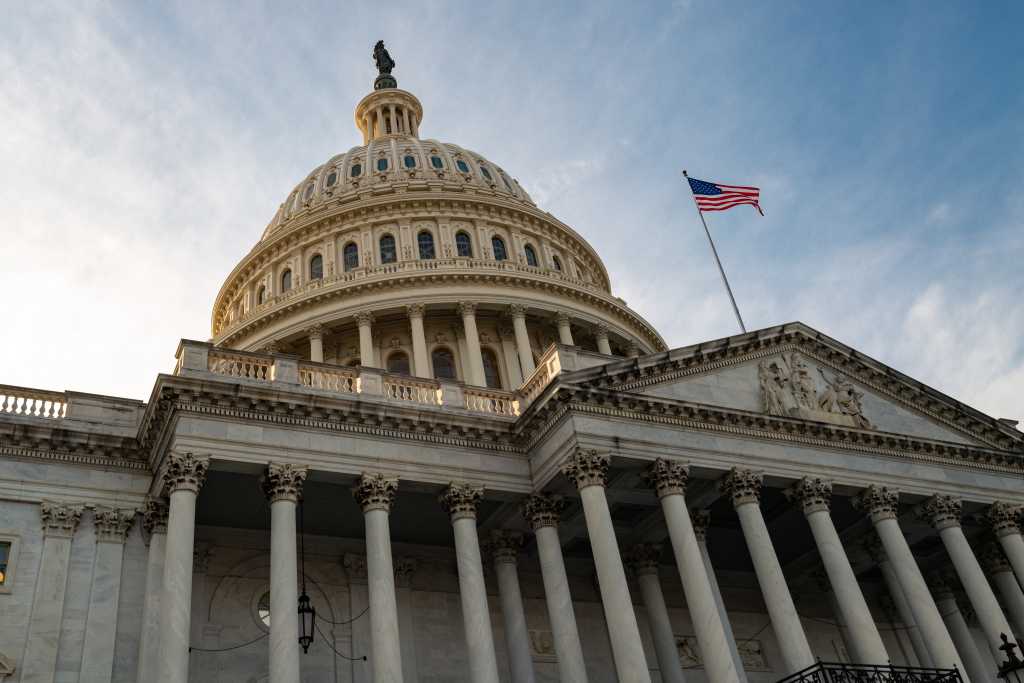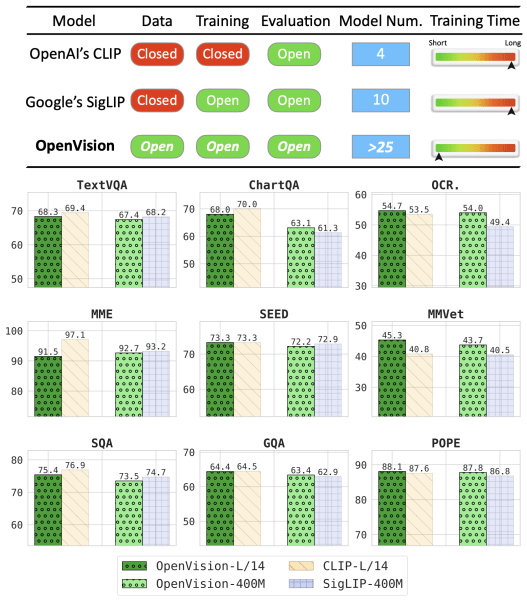
The UK is unlikely to implement zonal pricing before the end of the decade, according to a report from energy analysis firm Cornwall Insight.
Zonal pricing might not be rolled out until the mid 2030s, according to its research.
Kate Mulvany, principal consultant at Cornwall Insight, said: “Zonal pricing would represent the most fundamental redesign of the GB electricity market in decades.
“It is an incredibly divisive topic in the industry, and regardless of the purported benefits, its implementation is going to take significant time and resource. Political backing and industry support may help, but a go-live before 2030 remains incredibly unlikely.”
Implementation of a regional pricing scheme, known as ‘zonal pricing’, could take up to five to six years after any decision is made, the analysis firm predicts.
Mulvany warned that keeping a credible delivery timeline will be essential to “keep renewables investment and avoid unintended consequences”.
Energy secretary Ed Miliband is expected to make a decision on wholesale electricity market reform measures and implementation by mid-year. Zonal pricing forms part of these discussions.
The government’s discussions around zonal pricing remain ongoing, with results expected this summer, a spokesperson for the Department for Energy Security and Net Zero confirmed.
Miliband has previously said his “bottom line” is that any reform has to cut bills across the country, and that he would not enforce a system that led to a “postcode lottery”.
A spokesperson for DESNZ said: “We are considering reforms to Britain’s electricity market arrangements, ensuring that these focus on protecting billpayers and encouraging investment. We will provide an update in due course.”
The government’s commitment to making a decision on zonal pricing by mid-year “is the start of a long road, not the finish line”, Mulvany warned in a statement.
Electricity prices
Cornwall Insight anticipates that if zonal pricing is adopted, the country would be split into several zones with separate wholesale electricity prices.
Those in favour of zonal pricing argue that such a system could positively decouple the wholesale price of electricity from the gas price, and lead to lower electricity prices.
Greg Jackson, chief executive of the UK’s largest energy supplier Octopus Energy, argues that zonal pricing will reduce the wholesale cost of power and encourage investment in infrastructure where it is needed.
“What that means is that the wholesale price will reflect supply and demand in that zone,” Jackson said in an exclusive interview. “If there’s a zone where we’ve got a tremendous amount of renewable generation, consumers can enjoy cheaper electricity, supply and demand delivers that.”
A study by FTI Consulting and the energy company suggested that regional pricing could save customers about £3.7 billion a year, or up to £5bn annually if there are delays to planned infrastructure.
However, offshore wind developers have raised concerns that the proposed scheme will increase the cost of investment in energy infrastructure in the north of Britain, particularly offshore wind projects.
The Aberdeen & Grampian Chamber of Commerce wrote to UK prime minister Keir Starmer in April warning that zonal pricing would jeopardise offshore wind developments in Scotland.
“We should be out there finding the demand and bringing it, attracting new investment to grow these industries,” Jackson told Energy Voice in response.
Cornwall Insight said in its report that without further clarity on schemes such as contracts for difference, “investor uncertainty could stall progress on renewables deployment”.
This could potentially threaten the government’s 2030 clean power goals, it said.
“With a longer timeline, and clarity on what comes next, the industry will have a better understanding of the market they are investing in and how that market could function in the future,” the firm said in a statement.
Those against zonal pricing, including British energy utilities SSE and Centrica, claim that it will delay investment and create an unlevel playing field.
“The earliest that zonal pricing could be introduced is 2032 – but worse than that is the actual zones themselves won’t even be confirmed until 2030,” said Alistair McGirr, group head of policy and advocacy at SSE. “A tricky investment climate to say the least.”
Centrica’s CEO Chris O’Shea said the zonal pricing could lead to a “postcode lottery where those in industrial areas pay more than low-demand regions with abundant wind and solar”.
Cornwall Insight predicts that it would take until 2029 for a detailed consultation and design phase on zonal pricing to be completed, and that legislative and regulatory changes would not be implemented until 2030.
A transitional period could then last a further year, while full implementation is not expected to happen until after 2031, depending partly on stakeholder consensus, the firm said.
“Striking the balance between consumer protection and an investment landscape that supports decarbonisation at scale will take time,” it said in its report.
The firm warned that the shift from the New Electricity Trading Arrangements to British Electricity Trading and Transmission Arrangements in 2005 took three years, despite broader consensus.
Today’s market is “larger, more complex, and more politically sensitive, particularly given regional concerns around pricing differentials and investor impact”, it said.





















